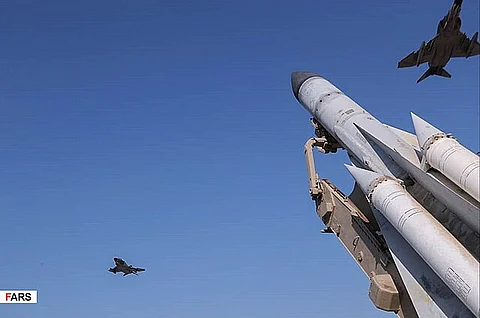

Britain, France, and Germany have formally notified the United Nations of their readiness to reinstate stringent sanctions on Iran by month’s end unless diplomatic progress is made on its nuclear program. In a joint letter to UN Secretary-General António Guterres, the European powers (E3) warned they would trigger the 2015 nuclear deal’s “snapback mechanism” if Iran fails to resume compliance by August 29. This would restore all pre-2015 UN sanctions, including bans on uranium enrichment and missile technology.
The threat follows Iran’s suspension of cooperation with the UN nuclear watchdog, the International Atomic Energy Agency (IAEA), in July. President Masoud Pezeshkian ordered the move after U.S. and Israeli airstrikes targeted Iranian nuclear facilities during a 12-day war in June. Iran insists its program is peaceful and cites the IAEA’s failure to condemn the attacks as a key reason for halting inspections. The suspension blocks access to declared nuclear sites and removes surveillance cameras, crippling oversight.
Tehran disputes the E3’s legal standing to enforce sanctions. Foreign Minister Abbas Araghchi argued in a July letter to the UN that European nations forfeited their rights under the 2015 deal (JCPOA) by not resisting U.S. sanctions after Washington unilaterally exited the accord in 2018. The E3 countered that their position is “unambiguously legally justified” as original deal signatories.
Direct U.S.-Iran nuclear talks were abandoned during June’s hostilities, which saw Israel strike enrichment sites and assassinate nuclear scientists. Iran demanded an end to military aggression as a precondition for resuming negotiations. While technical talks with IAEA Deputy Director Massimo Aparo occurred this month, no breakthroughs were reported. European diplomats now race against an August 29 deadline to avoid snapback.
The standoff escalates regional instability. Iran retains 900 pounds of uranium enriched to 60%, near weapons-grade and warns sanctions reinstatement could push it to quit the Non-Proliferation Treaty entirely. With the JCPOA set to expire in October, the E3’s ultimatum underscores a diplomatic high-wire act: balancing nonproliferation goals against Iran’s demands for security guarantees and sovereignty recognition.